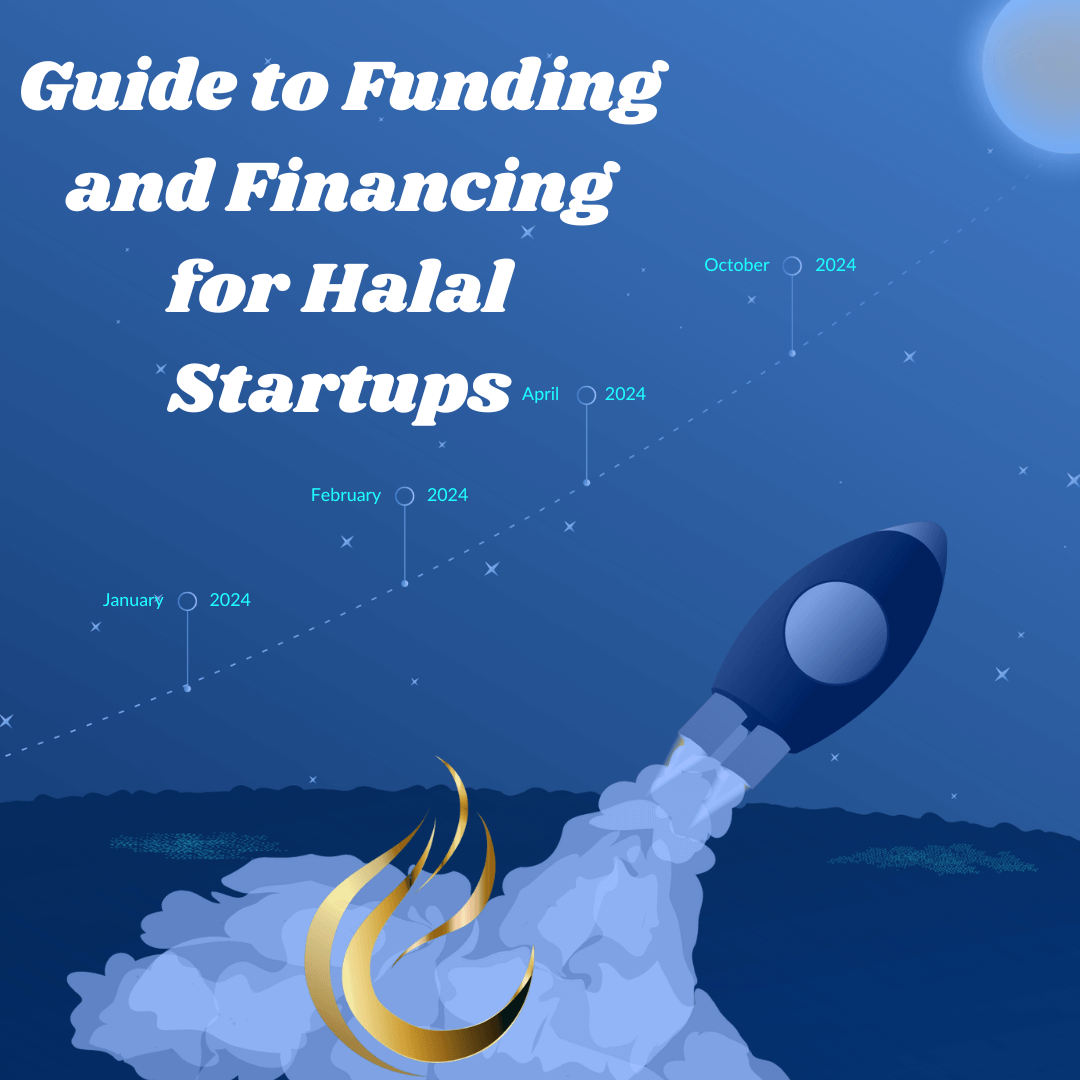Starting a halal business is a noble endeavor that aligns with Islamic values while catering to a rapidly growing market. However, one of the biggest challenges halal startups face is securing funding and financing that adheres to Shariah principles. Whether you’re launching a halal food brand, a tech startup, or an Islamic financial service, understanding your financing options is critical to your success.
The Rise of the Halal Economy
The global halal economy is projected to exceed $5 trillion by 2030, fueled by demand for ethically produced products and services. Entrepreneurs in this space are uniquely positioned to tap into a market that values transparency, trust, and compliance with Islamic principles.
Challenges in Financing Halal StartupsChallenges in Financing Halal Startups
- Limited Access to Interest-Free Loans: Conventional financing often relies on interest (riba), which is prohibited in Islam.
- Niche Investor Base: Many investors are unfamiliar with the principles of Islamic finance.
- Lack of Awareness: Entrepreneurs may struggle to find resources tailored to halal funding options.
Dima Djani, CEO of Hijra, the next level of Islamic Fintech
In our latest episode, we sit down with Dima Djani, CEO of Hijra, to discuss the future of Islamic fintech and its potential to disrupt industries worldwide. 🌍
💡 Key highlights:
✅ How Hijra is transforming financial solutions with Shariah-compliant innovation.
✅ The role of Islamic fintech in empowering businesses and individuals.
✅ What’s next for this fast-growing industry—and how it’s reshaping the global economy.
Halal Funding Options for Entrepreneurs
1. Islamic Banks
Islamic banks offer Shariah-compliant financial products, including:
- Murabaha (Cost-Plus Financing): The bank buys an asset and sells it to you at a marked-up price, payable in installments.
- Mudarabah (Profit-Sharing): A partnership where profits are shared based on a pre-agreed ratio, and the losses are borne by the financier.
- Ijara (Leasing): Similar to renting, where the bank owns the asset, and you pay to use it.
2. Angel Investors and Venture Capital
- Halal-Focused Angel Networks: Seek out investors who align with Islamic values and support halal startups.
- Islamic Venture Funds: Organizations like IAP Integrated or Halal Angels Network provide Shariah-compliant funding opportunities.
3. Crowdfunding Platforms
Leverage crowdfunding platforms designed for Islamic businesses, such as:
- Ethis: Specializes in halal real estate and social impact projects.
- LaunchGood: A global platform for Muslim entrepreneurs and projects.
4. Government Grants and Support
Countries with a focus on Islamic economies, such as Malaysia, UAE, and Saudi Arabia, often provide grants and incubators for halal startups. Research local incentives and programs.
5. Partnerships and Joint Ventures
Forming partnerships with established halal brands or businesses can open doors to shared resources and funding.
Key Considerations for Halal Entrepreneurs
1. Develop a Strong Halal Business Model
Investors are more likely to back a startup with clear compliance to Islamic principles. Ensure your supply chain, operations, and end product meet halal standards.
2. Build Relationships in the Islamic Business Community
Networking with like-minded entrepreneurs and organizations can provide insights, mentorship, and funding opportunities. Platforms like DeenVentures offer invaluable resources for Muslim entrepreneurs.
3. Educate Yourself on Islamic Finance
Understanding the principles of halal financing will empower you to make informed decisions. Study key concepts such as riba (interest), gharar (uncertainty), and zakat (charitable giving).
Success Stories: Halal Startups Thriving with Ethical Funding
- Zilzar: A halal e-commerce platform that attracted substantial investment through partnerships in the Islamic finance sector.
- Sukar.co: This halal fashion brand leveraged Islamic crowdfunding to scale its operations globally.
- Alchemiya: A Muslim-focused streaming service funded through LaunchGood.
Conclusion: Empower Your Halal Startup
Funding a halal startup may seem challenging, but with the right approach and resources, it is entirely achievable. By exploring Shariah-compliant financing options and building strong relationships within the Islamic economy, you can lay the foundation for a thriving business.


